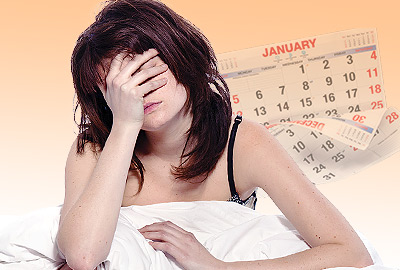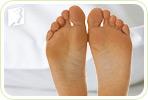
Night sweats can be called the “nocturnal cousin of hot flashes”. They are a common symptom of menopause and can be very uncomfortable and disrupt a woman's sleep. A disruption in sleep can lead to fatigue and irritability during the day and trigger other menopausal symptoms.
There are multiple causes for night sweats. The key to alleviating night sweats is preventing the body from becoming too hot, especially before bedtime. Regular exercise is a good way to reduce night sweats. However, it is important not to exercise too soon before bed, because this can actually trigger night sweats.
Pilates and Yoga

These stretching exercises are a great way to keep muscles toned and help you deal with night sweats episodes. The meditation and deep breathing that is practiced in yoga and Pilates aids in relaxation and can lower anxiety and stress which are well known triggers of night sweats.
Gym

Just 30 minutes of exercise a day can help to prevent night sweats. A healthy body can lead to a healthy mind, and vice versa. By hitting the gym daily, you will reduce stress and can manage your night sweats episodes.
Running
Another idea if you don't like the gym is to pick up running. It's a much cheaper and often times more convenient and quicker. Any sort of cardiovascular exercise should help to alleviate all menopausal symptoms.
Taking the Stairs

Alternatively, if you don't want to run or go to a gym, consider taking the stairs at work and walking to as many places as possible. Simple lifestyle changes can make a big difference, so by increasing the distance you walk in a day will have similar benefits to running or doing a routine workout.
Team Sports
To many, exercise is a monotonous experience. With this in mind, why not consider something a little more social. Try joining a tennis team, or enroll for private lessons. Also look into water aerobics classes. Water aerobics is a good way to work out without putting too much pressure on the joints.
An Important Note
A reminder about exercising - don't do it directly before going to bed, because it can increase the severity of night sweats. Instead, try and do it in the morning, afternoon, or early evening. Also remember to stay hydrated. Click for more information about night sweats.
Sources
- National Health Service. (2014). Night Sweats. Retrieved November 10, 2015, from http://www.nhs.uk/conditions/night-sweats/Pages/Introduction.aspx
- Mayo Clinic Staff. (2014). Night Sweats. Retrieved November 10, 2015, from http://www.mayoclinic.org/symptoms/night-sweats/basics/definition/sym-20050768


